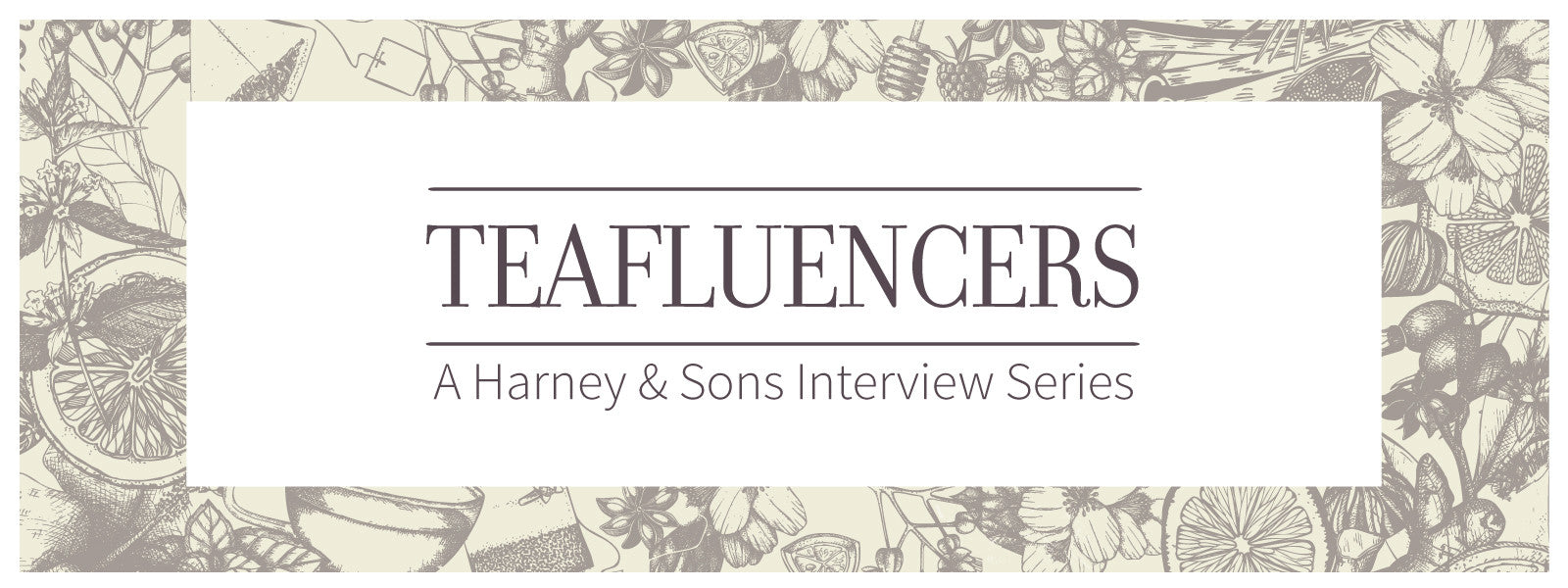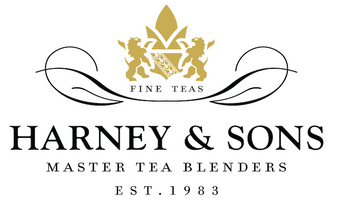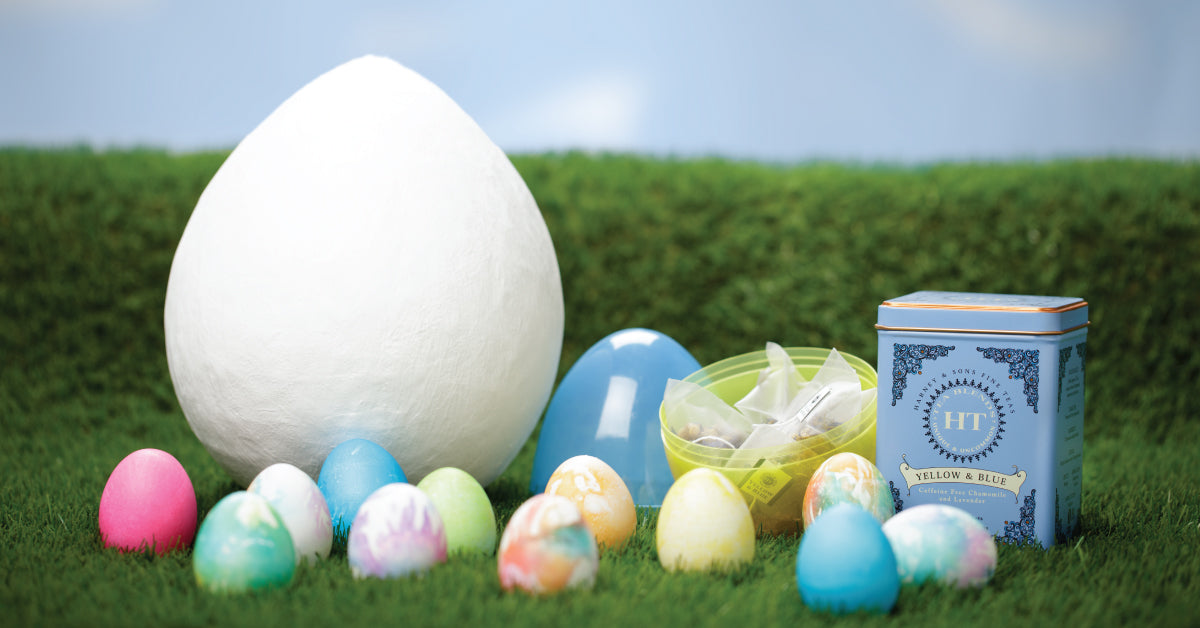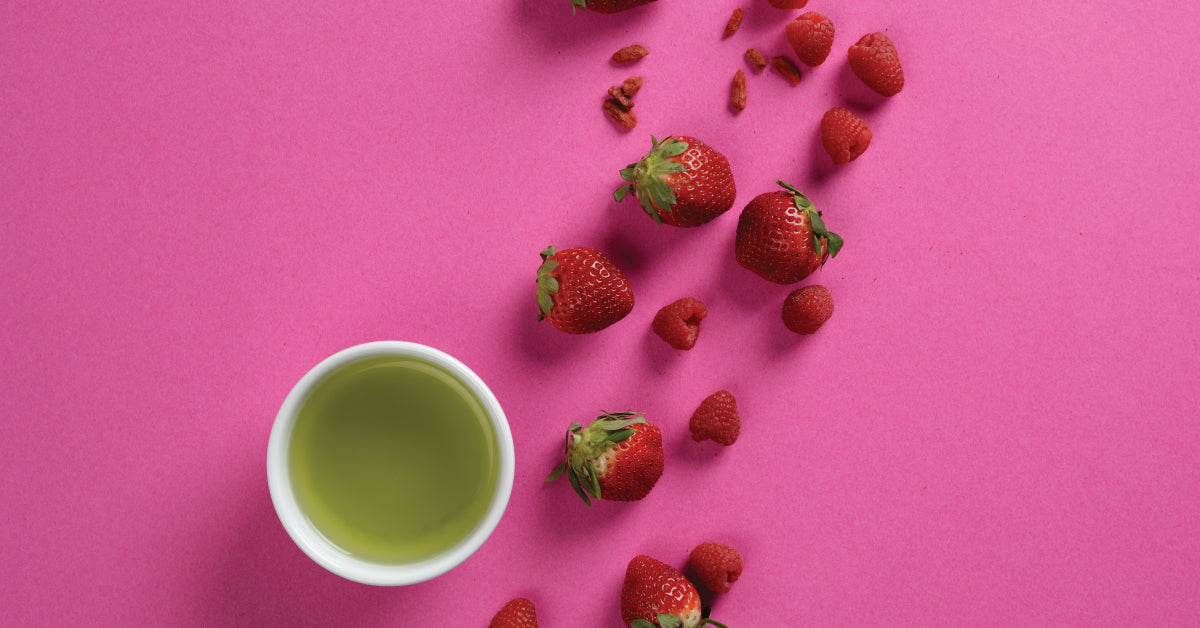
Noah Wilson-Rich is the founder and chief scientific officer of the Best Bees Company, an organization dedicated to raising funds for honey bee research to improve bee health. Noah and his team strive to raise awareness of the importance of bee health through helping others build and care for their own beehives. As a passionate honey bee advocate, Noah is a biologist, author, and TED speaker who regularly contributes to publications such as the New York Times, LA Times, and National Geographic. His education background and extensive research is affiliated with prestigious universities where Noah is determined to make an impact in the community and society, as a whole.
We had the opportunity to talk with Noah about the Best Bees Company and his passion for improving the overall health and safety of bees nationwide. Learn more about his background in bee research and how you can help in his efforts to save the bees!
Harney: Tell us how you started the Best Bees Company and what the company does. Where did you find your passion for bees and beekeeping?
Noah: I completed my Ph.D. in honey bee immunology in 2011 but it was a bit too specific to get a ‘real’ job, especially during a recession! So I started The Best Bees Company from my apartment in Boston’s South End while I was a graduate student at Tufts University’s Department of Biology. I used a free Facebook page to get started. To be honest, I thought it might even be a silly idea - to raise funds for my research to improve bee health - but I was passionate about bees and I needed data points in addition to funding, so selling and maintaining beehives for home gardens and city rooftops solved all of those needs.
It’s now nine years later, and we’ve raised over $1 million for our research! We bring in over 12 million new pollinators annually to stabilize local food systems nationwide and advance our mission, which has never changed since day one: to improve bee health.

Harney: Tell us about your proudest and most rewarding moments related to bees and beekeeping.
Noah: Learning how to become a beekeeper does require some schooling. I remember fondly the first moment when I could truly identify the queen bee. My mentor was a very tough man. He used to scold me for squishing anything, so knowing when the queen was safe was such an advancement in my learning.
I particularly feel proud of my team for being able to connect people with beehives in a way that responsibly manages the bees without our clients having to worry about if they’re doing it right. I really enjoy watching our student interns learn beekeeping skills while servicing our community. It’s incredible to see their passion and learning.
Harney: Tell us a little more about the importance of bee health, restoring honey bee populations, and spreading beehives across the nation. How can Harney readers aid in restoring honey bee populations?
Noah: The first step, and quite simply, we can all plant more plants.
The one thing that is saving bees most is: habitat. National Geographic magazine published preliminary results from our state-of-the-art honeyDNA projects where we used advanced genomics tools to reveal the DNA of honey from cities across America. This gave us the first measure of which plants feed our bee pollinators the best, as well as finally understanding what type of honey comes from cities - the habitat where bees seem to thrive best in, much more than suburban habitats.
Anyone who eats food need bees. I get it when people say they don’t like bees. They’re insects, after all. And as an evolutionary ecologist, when I taught my ‘Intro to Evolution’ course, I would discuss how natural selection has favored humans who avoid most creepy-crawlies. It’s better to over-avoid than to make a deadly mistake. However, the benefits of bees vastly outweigh their perceived risks. Bees are good. Bees are vegan, and not like wasps, hornets, and yellowjackets that are meat-eaters and have to kill to eat. Bees pollinate over 70 fruit and vegetable crops upon which we all rely for healthy, nutritious food, such as almonds, apples, blueberries, cranberries, and basically everything that we’ll miss if we don’t advocate for bee health.
Three things are killing bees most: 1) agricultural chemicals 2) diseases of bees 3) habitat loss. My team at The Best Bees Company collects data from the beehives that we install and manage in home gardens and on urban rooftops and decks. Rather than only looking at why dead beehives died, we focus more so on why thriving beehives live.
Our research from partnerships between The Best Bees Company and the Harvard School of Public Health, show that there are pesticides as much in the city as there are in the countryside. Our research with our related 501(c)3 nonprofit, Urban Beekeeping Laboratory and Bee Sanctuary has found diseases as much in cities as in the countryside.

Harney: How can Harney readers learn more about beekeeping, sponsoring a beehive, or becoming a client of Best Bees?
Noah: Previously, one used to have to go to beekeeping school (yes, beekeeping schools are a thing!) to learn and become a beekeeper. You can still do this of course, but as a provider of full beekeeping services, we make it easy for anyone wanting to have beehives on their property, sponsor beehives at other properties or plant optimal habitats for bees. You could say we’re a one stop beekeeping shop!
Not only are bees important to our natural environment, but they’re also vital to our economy because a city without healthy honey bees will have less fruit and vegetable production. Bees contribute over $20 billion to the national economy annually! Our work allows us to create paying jobs for local beekeepers to install and manage honey beehives within our own communities, while collecting crucial research data to improve bee health.

Harney: We’ve heard that Best Bees is starting a retail line. Can you tell us more about this and what it entails?
Noah: Local honey is in huge demand! Our beekeeping clients keep 100% of the honey, while we work to improve bee health, together. In the past, anytime someone asked if they could buy our honey, we’d always told them, no, and that we help others to make their own hyperlocal honey, through our beekeeping services.
However, our research advance in honeyDNA, which reveals the identity of honey through plant DNA, has given us this really unique market edge on all other honeys, because we’re the only company that tests the honeyDNA of each harvest. So, we decided to make it available for purchase. A percentage of the proceeds from these sales also goes towards the work of our non-profit organisation, Urban Beekeeping Laboratory and Bee Sanctuary so it still helps in our overall mission. With our honeyDNA service, our Creative Director, illustrator Paige Mulhern, creates beautiful watercolor botanical illustrations of which plants made up that particular honey sample so the service comes with its unique artwork too.

Harney: What are some of your future goals related to honey bee research and bee health? What will you do next?
Noah: Our mission of improving bee health relies entirely on our residential and commercial clients who receive our beekeeping services as each beehive that we install and manage at our clients’ home gardens and office rooftops are active data points. My goal for each of our nine regions (Boston, NYC, DC, Chicago, Denver, Seattle, Portland, San Francisco, and LA) is to add at least 15 new client sites this springtime so that we can increase our research study size to the point where we can have some statistically significant research results for where bees are thriving, and finding out why.
This summer, The Best Bees Company will be partnering with some amazing research organizations, including Harvard, MIT, NASA, and National Geographic.
Harney: In your opinion, what type of Harney & Sons tea goes best with natural honey from a beehive?
Noah: Every kind! Seriously, my team and I have tried all the Harney & Sons tea - we love it!. As tastes for types of honey vary seasonally, so does our honey. Our beekeeping services connect tea drinkers with the ability to produce honey right at home, tasting the variation of seasonal honeys alongside their favorite Harney & Sons tea. It’s such a profound pleasure of the senses. A perfect match!
Harney: Do you recall the first time you had tea, or your favorite memory of having tea?
Noah: My favorite memory of having tea was in England. It was an English Breakfast tea that I enjoyed with my college roommate's grandmother, who would serve it to us each morning in London. I recall receiving my own little teapot just to myself, and thinking about how special that made me feel.

Harney: Are you a tea drinker? Why do you enjoy it? What does it do for you?
Noah: Yes, I love tea. I enjoy green teas and herbal blends that include flowers. The appearance of watching a dried flower opening up into hot water, coming to life after a brief pause, and giving off healthy energy into my tea. It makes me feel healthy and connected to the earth in ways that coffee and other drinks cannot. And when I add honey to my teas it adds another element to my tea drinking experience.
Harney: Do you have any favorite types of Harney & Sons tea?
Noah: Victorian London Fog is my favorite. I also really love Citron Green. These two are so unique and transcendent! Our staff enjoy adding The Best Bees Company honey to Harney & Sons English Breakfast and Chamomile teas to start off the day in the office.
Thank you for taking the time to share your passion for bees, Noah! To learn more about him, his bee research, or the Best Bees Company, head to the Best Bee’s Instagram, Twitter, and Facebook, or visit https://bestbees.com. All photography has been provided by Noah and the Best Bee’s Instagram account.





3 comments
Jerome Boynton
I read this twice. Really enjoyed it. Thanks
I read this twice. Really enjoyed it. Thanks
Donna
Great interview!! My husband used to be a beekeeper, so I know the importance of bees in all aspects of our lives. Such a great idea!! Thanks!!
Great interview!! My husband used to be a beekeeper, so I know the importance of bees in all aspects of our lives. Such a great idea!! Thanks!!
Jose Cabrera
Very interesting facts about bees and how it relates toward society as a whole and the new green advocacy
Very interesting facts about bees and how it relates toward society as a whole and the new green advocacy